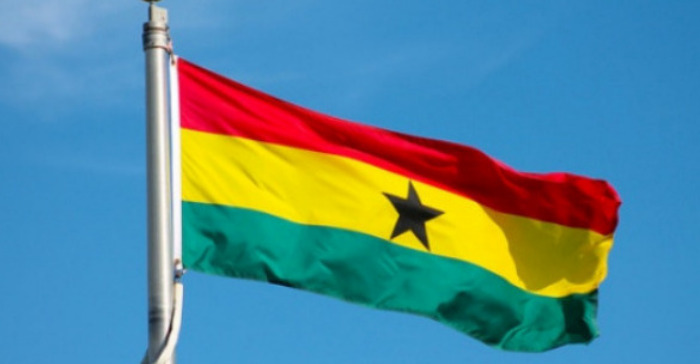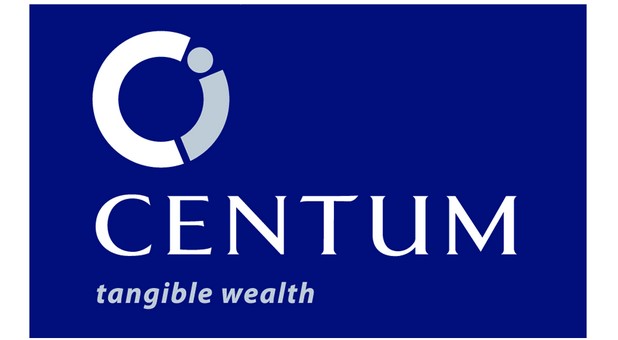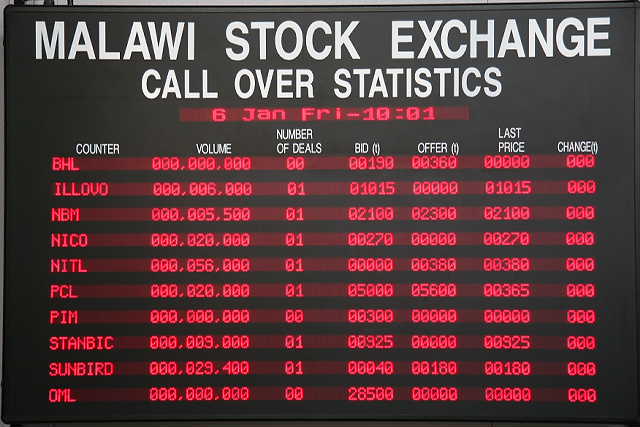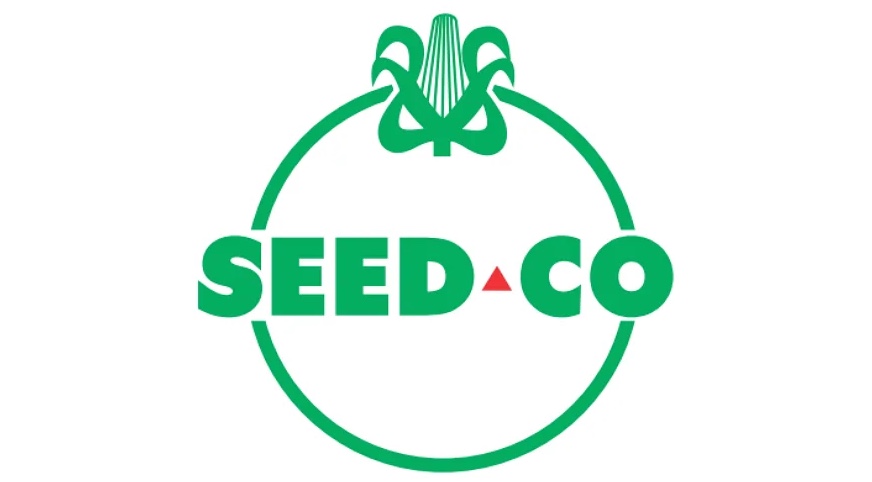
The pandemic has affected Ghana’s domestic economy through lockdowns on its two biggest cities and the related global shock has impacted trade and financial flows. The largest impact was likely to have been felt in 2Q20, but at -3.2% yoy, the contraction in GDP was less than we had anticipated. The mining sector, which includes oil and gas, and manufacturing experienced the steepest contraction, while agriculture, construction and transport recorded positive growth. We forecast 2020 growth at 2.0%, returning to 5.0% by 2022, although low global oil prices will inhibit investment in Ghana’s oil infrastructure and could weigh on medium-term growth. The oil sector had been a major growth contributor over 2017-2019.
Inflation accelerated to over 11.0% in May, but has slowed in recent months. Fitch forecasts 2020 average inflation at 9.7%, well above the forecast ‘B’ median of 4.5%, but lower than Ghana’s five-year average of 12.9%.
The pandemic shock has exacerbated Ghana’s already-weak public finances. The government presented a revised 2020 budget in July as part of its Mid-Year Budget Review (MYBR), which contained an additional GHS11 billion (3% of forecast 2020 GDP) in COVID-related expenditure. It also forecast domestic financing costs to rise by approximately 2% of GDP. The revised budget was approved by Parliament along with the government’s request to suspend the fiscal rules contained in the Fiscal Responsibility Act of 2018, which includes a fiscal deficit ceiling of 5% of GDP.










Comments